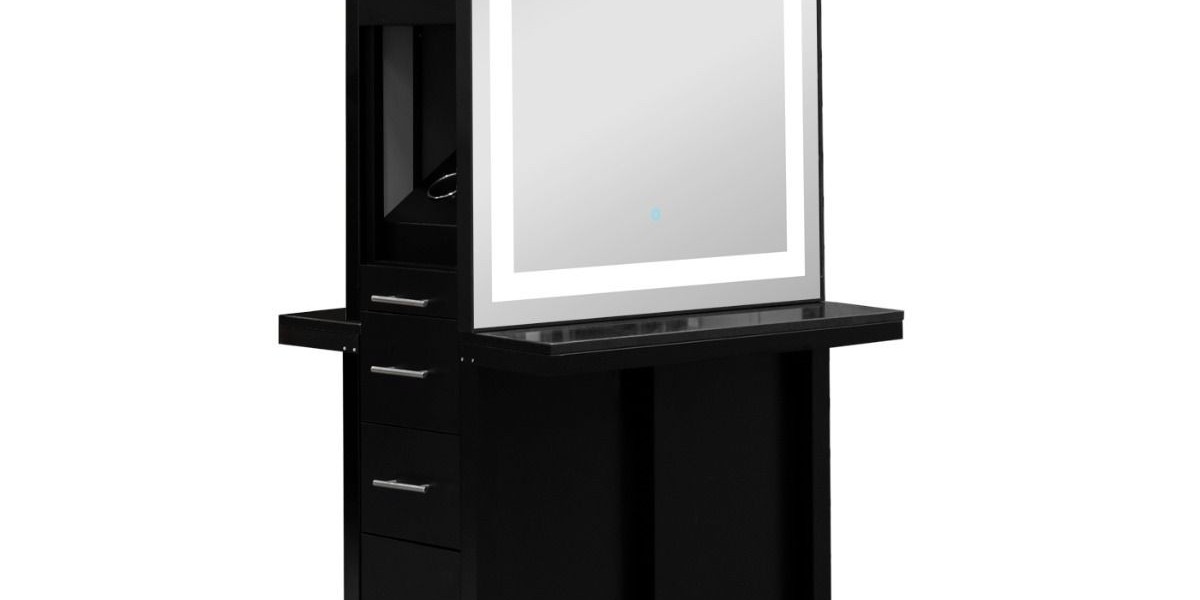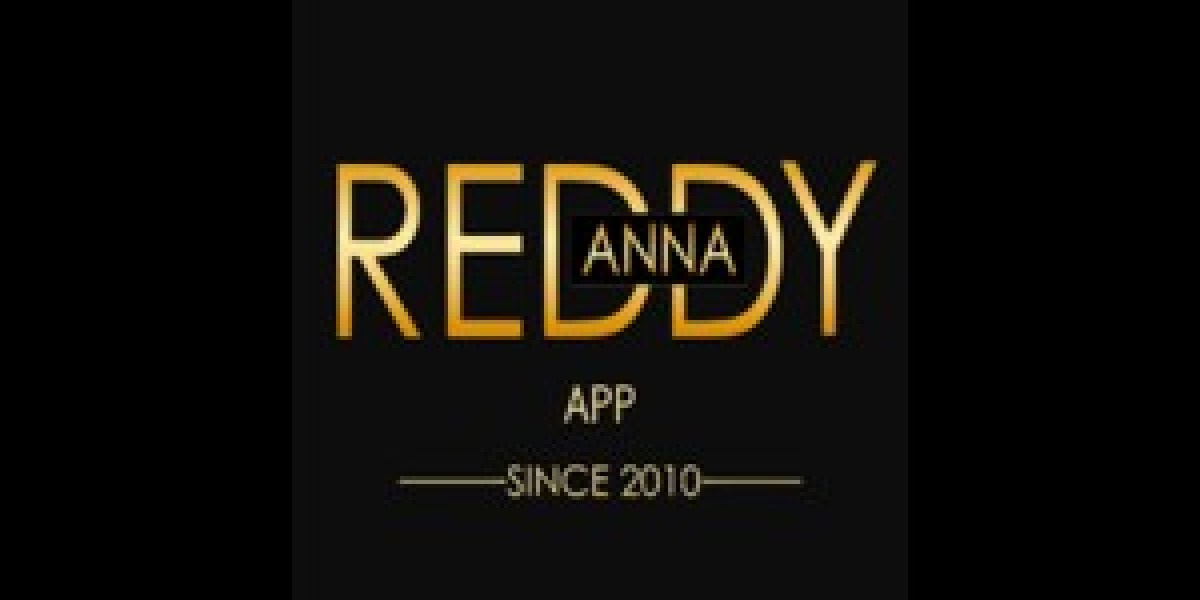Let’s explore why business cards are still relevant and why they matter more than ever in building professional relationships.
1. First Impressions Matter
A business card is often the first tangible representation of your business that a client or partner encounters. A professionally designed card immediately conveys credibility, attention to detail, and professionalism. When you hand over a card, it’s an opportunity to make a positive and memorable impression.
- Visual Appeal: A creative, high-quality design can make your card stand out, leaving a lasting impression even after the initial meeting.
- Tactile Experience: The texture and material of a card can evoke certain feelings. A thick, textured card suggests luxury, while an eco-friendly card demonstrates environmental consciousness.
2. Tangibility in a Digital World
In an era dominated by digital communication, physical objects carry a unique weight. A business card provides a tangible reminder of your brand and your interaction with someone. Unlike a digital message or an email that can get lost in a cluttered inbox, a business card can be easily kept, displayed, or even rediscovered later.
- Human Connection: Handing someone a card creates a personal interaction that digital exchanges can’t replicate.
- Accessibility: Business cards don’t require an internet connection, battery power, or specific technology to access.
3. A Tool for Personal Branding
Your business card is an extension of your brand identity. Every design element—color, typography, logo, and material—contributes to the story of who you are and what you represent. It’s a chance to visually communicate your brand’s values and personality.
- Consistency: Align your card’s design with your website, logo, and other branding materials to create a cohesive brand image.
- Memorability: Unconventional designs, such as unique shapes, finishes, or materials, can make your card unforgettable.
4. Easy and Efficient Networking
Networking events, conferences, and impromptu meetings are where business cards shine. They allow you to quickly share your contact details without fumbling with phones or relying on remembering names and emails.
- Professionalism: Exchanging business cards is a time-tested professional etiquette, signaling seriousness about future collaboration.
- Convenience: A card is faster and more straightforward than typing information into a smartphone during a conversation.
5. A Conversation Starter
A well-designed business card can spark interest and lead to deeper conversations. Whether it’s an eye-catching logo, an innovative shape, or a unique material, your card can invite questions and discussions.
For example:
- Design Elements: A vibrant design might prompt someone to ask about your brand or services.
- Creative Features: Cards made of unusual materials (like wood, metal, or seed paper) are memorable and showcase creativity.
6. Versatility in Sharing Information
Business cards aren’t just for contact details; they can also include additional information to promote your business:
- Website Links: Direct recipients to your website or portfolio.
- Social Media Handles: Highlight your online presence for further engagement.
- QR Codes: Provide instant access to digital content like LinkedIn profiles, videos, or special offers.
Including multiple forms of contact ensures that recipients can reach you through their preferred channel.
7. Cost-Effective Marketing Tool
For small businesses and startups, business cards are an affordable way to market your brand. Compared to digital ads or other promotional materials, business cards provide a high return on investment by creating personal connections at a minimal cost.
- Bulk Production: Printing business cards in bulk keeps costs low, making them an economical choice for marketing.
- Longevity: Unlike digital ads that disappear after a campaign ends, a physical business card can last for years.
8. Global Relevance
In many cultures and professional settings, exchanging business cards is a deeply ingrained practice. It’s a universal symbol of professionalism and respect in business relationships.
- Cultural Significance: In countries like Japan, the exchange of business cards (or meishi) is a highly formalized ritual. Offering a high-quality card demonstrates respect and professionalism.
- Adaptability: Business cards can be designed to include multilingual content for international networking.
9. Building Trust and Legitimacy
A business card adds legitimacy to your professional identity. It assures clients and partners that you are serious about your business and that they can rely on you.
- Authority: A well-crafted business card projects authority and competence, making you appear credible and trustworthy.
- Professionalism: Having a physical business card to offer reflects your commitment to fostering genuine connections.
10. Longevity and Accessibility
Unlike digital contacts, which can be accidentally deleted or forgotten, business cards have a physical presence. They can be kept in wallets, cardholders, or desks, serving as a constant reminder of your interaction.
- Rediscovery: A business card rediscovered after weeks or months can reignite a potential business opportunity.
- Reference: Clients often keep cards for future reference, ensuring they have your contact information when they need it.
Conclusion
A business card is much more than a means of sharing contact information—it’s a versatile, impactful tool that communicates your brand identity, builds trust, and fosters personal connections. In a world dominated by digital interactions, the physical presence of a business card adds a personal touch that technology cannot replace.
By investing in well-designed, high-quality business cards, you’re not just sharing your details; you’re creating a memorable experience that strengthens relationships and keeps your brand top-of-mind. So, whether you’re a freelancer, entrepreneur, or corporate professional, ensure your business card reflects the values and aspirations of your brand.








